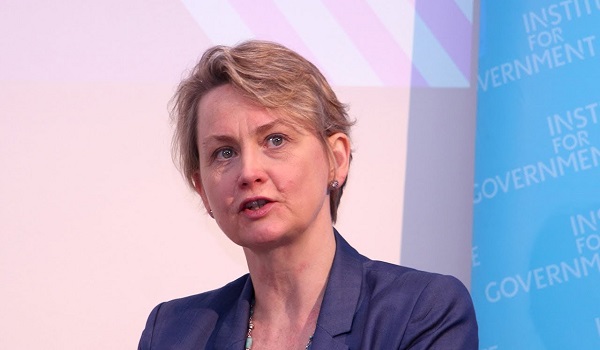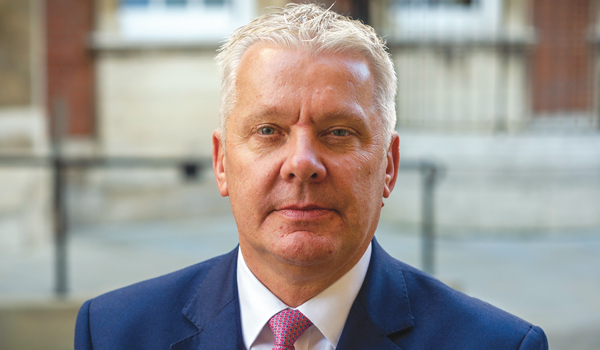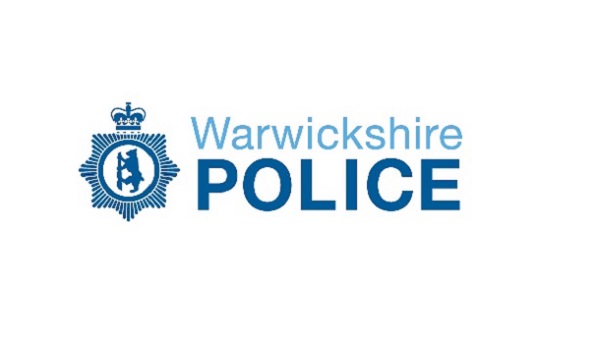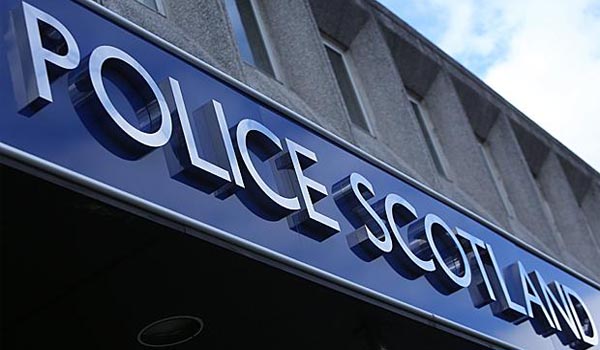Progress on racial disparity in policing has 'stalled', MPs find
Unjustified racial disparities in policing including recruitment and use of stop and search remain more than two decades after the landmark Stephen Lawrence Inquiry, MPs have found.
The Home Affairs Select Committee (HASC) is calling for “urgent action” to address “persistent, deep-rooted and unjustified racial disparities” in policing, arguing the current system for delivering on race equality is “not working”.
And following an inquiry which it said was not specific to any individual policing institution, the cross-party group of MPs added there has been a “systematic failure on the part of the police service and government, over many years, to take race inequality in policing seriously enough”.
Examining progress made 22 years on from the Macpherson report, MPs also warned that “on the current rate of progress, we will not have properly representative police forces in England and Wales for another 20 years”.
The Macpherson report, published in 1999, examined failings in how the police investigated the murder of Stephen Lawrence, a black teenager killed in 1993 in a racist knife attack by five white youths in south London. It concluded the police investigation had been marred by, among other failings, “institutional racism”, and made a number of recommendations to “increase trust and confidence in policing amongst minority ethnic communities”.
The committee said there has been a “welcome focus by all policing organisations” to implement the Macpherson report’s recommendations and bring about institutional change.
But Labour MP Yvette Cooper, who chairs the committee, said “in too many areas progress has stalled”.
In its report, the committee said: “We have found that policing today is very different from 22 years ago.
“Since the Macpherson report was published there have been important improvements in policing including significant improvements in the policing of racist crimes, in the commitments made to promoting equality and diversity and in good examples of local community policing.
“But our inquiry has also identified persistent, deep-rooted and unjustified racial disparities in key areas including a confidence gap for BME (black and minority ethinic)communities, lack of progress on BME recruitment, problems in misconduct proceedings and unjustified racial disparities in stop and search. In those areas, we propose urgent action.”
It added: “There has been a systematic failure on the part of the police service and government, over many years, to take race inequality in policing seriously enough. The Macpherson report’s objective at the end of the Stephen Lawrence Inquiry to ‘eliminate racist prejudice and disadvantage and demonstrate fairness in all aspects of policing’ has not been met.”
The MPs said no evidence to their inquiry “adequately explained or justified the nature and scale of the disproportionality in the use of stop and search powers”.
“While improved recording practices may have had an impact, statistics (for England and Wales) covering the year to March 31 2020 showed that ethnic disproportionality in stop and search is worse than it was 22 years ago,” the MPs said.
Ms Cooper said: “We have found that in too many areas progress has stalled and for too long there has been a lack of focus and accountability on race equality in policing.”
She added: “Without clear action to tackle race inequality we fear that, in ten years’ time, future committees will be hearing the very same arguments that have been rehearsed already for over 20 years.
“That cannot be allowed to happen.”
The committee makes a number of recommendations, among them that a new statutory race equality commissioner for policing is needed, as well as a new race equality steering group to be chaired by the Home Secretary to respond to the commissioner’s reports.
Policing Minister Kit Malthouse said the Macpherson report has “left an indelible mark” on policing, adding: “Good progress has been made since its publication.
“Our police are more diverse than ever before, forces have worked hard to improve community engagement and we have seen major improvements in the way the police deal with racist crimes.
“But we know there is much more to do – that is why attracting more officers from a wide range of ethnic and socio-economic backgrounds is a core ambition of our drive to recruit an extra 20,000 officers.
“Stop and search along with other preventative activity set out in the Beating Crime Plan is also vital to ensuring we create safer streets and neighbourhoods.”
Responding to the report, National Police Chiefs’ Council chair Martin Hewitt said: “HASC’s thorough report does justice to the significant impact that Sir William Macpherson has had on society since 1999. Since then, policing has changed but as this report makes clear, not far or fast enough to secure the confidence of all communities and especially black people.
“This is of deep regret for policing and of course those who knew Stephen. Putting that right is an operational imperative because the legitimacy and effectiveness of UK policing is built on relationships between the police and the public.
“We share this report’s ambition and it will inform our developing Inclusion and Race Plan of Action, which already reflects some of the same proposals to improve practice and secure trust.
“To help us deliver on our commitment to tangible change, we will soon be announcing the appointment of an independent oversight and scrutiny chair , who, along with a robust board, will shape the plan of action and check and challenge its delivery by policing.
“We will carefully consider the committee’s recommendations working with the new independent oversight and scrutiny chair and partners including the Home Office.”






